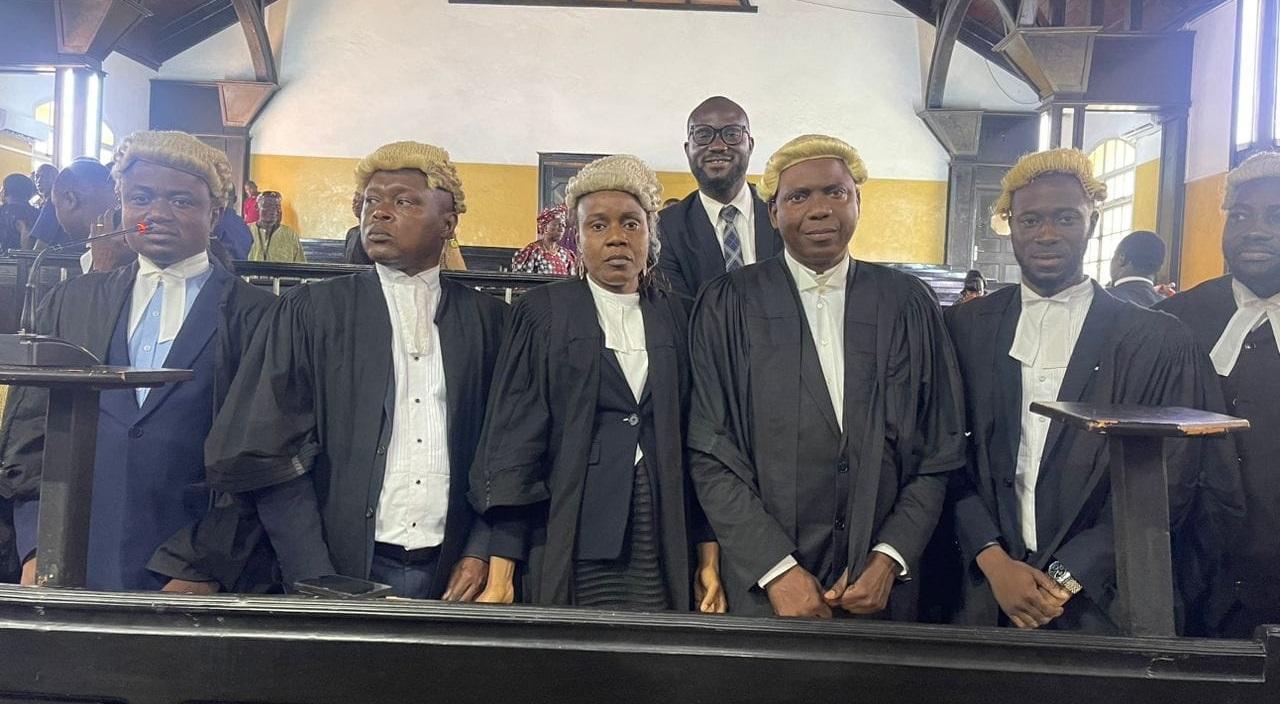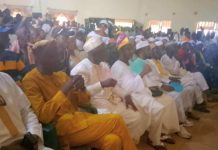Africa-Press – Sierra-Leone. Legal practitioners in Sierra Leone have raised concerns over the government’s proposed Land Registration Bill 2025, currently before Parliament, warning that the legislation could undermine existing legal safeguards around property ownership.
The Bill seeks to modernize property registration by granting the National Lands Commission (NLC) and paralegals authority to prepare and register land documents and other legal instruments — responsibilities traditionally handled by qualified lawyers through the Office of the Administrator and Registrar-General (OARG).
According to several lawyers and policy experts, the proposal could open the door to confusion, fraud, and potential disputes over land ownership if not carefully implemented.
Under the Legal Practitioners Act of 2000, only qualified lawyers are authorized to draft conveyances and other legal instruments. The proposed law, however, would transfer much of this authority to non-lawyers within the NLC.
“Land registration through digitalization is not as easy as it seems,” said one senior legal practitioner. “Conveyancing is a delicate process, and if it’s done incorrectly, documents can be declared void—meaning people could lose their homes or land.”
Legal experts argue that conveyancing involves more than record-keeping; it includes verifying ownership, checking for encumbrances, and ensuring compliance with legal principles. They warn that allowing non-lawyers to handle these tasks could weaken professional accountability.
Several lawyers questioned why the government would transfer land registration duties to the NLC instead of strengthening the existing OARG, which has managed property records since the colonial era.
“The OARG has safely kept every conveyance and deed since colonial times,” another lawyer said. “It already has the infrastructure and experience to manage this work.”
The OARG operates under the Ministry of Justice and reports to the Attorney General, while the NLC falls under the Ministry of Lands. Legal practitioners argue that the OARG’s legal oversight ensures greater public trust and institutional accountability.
They also cautioned that transferring conveyancing functions to the NLC could lead to higher costs and administrative overlap at a time when government spending is under pressure.
Lawyers and professional associations, including the Sierra Leone Bar Association and the Lawyers Society, are calling for the Bill to be revised. They recommend that the government focus on improving the OARG through modernization and digitization rather than creating a parallel system.
Key recommendations include:
Digitizing land records and establishing an electronic title registry.
Retaining OARG oversight for verification and archival purposes.
Training OARG staff and paralegals to assist under solicitor supervision.
Implementing verification systems to prevent double sales and forgeries.
Collaborating with the Bar Association, universities, and legal experts on reform.
Some practitioners drew comparisons with countries such as the United Kingdom, where conveyancing remains the exclusive domain of trained solicitors despite a more advanced and digitized land registry system.
They cautioned that adopting foreign models without adapting them to Sierra Leone’s dual land tenure system could cause instability. Provisions such as profit à prendre—a legal concept introduced in the proposed Bill—were described as having “no historical or legal legitimacy” in the local context.
The Sierra Leone Bar Association is expected to engage Parliament, the Ministry of Lands, and the Attorney General’s Office to review the Bill before it is passed.
“We need reform, but not at the expense of legal certainty,” one lawyer said. “Strengthening the Office of the Administrator and Registrar-General through digitization and better training would be a safer and more sustainable path.”
For More News And Analysis About Sierra-Leone Follow Africa-Press






